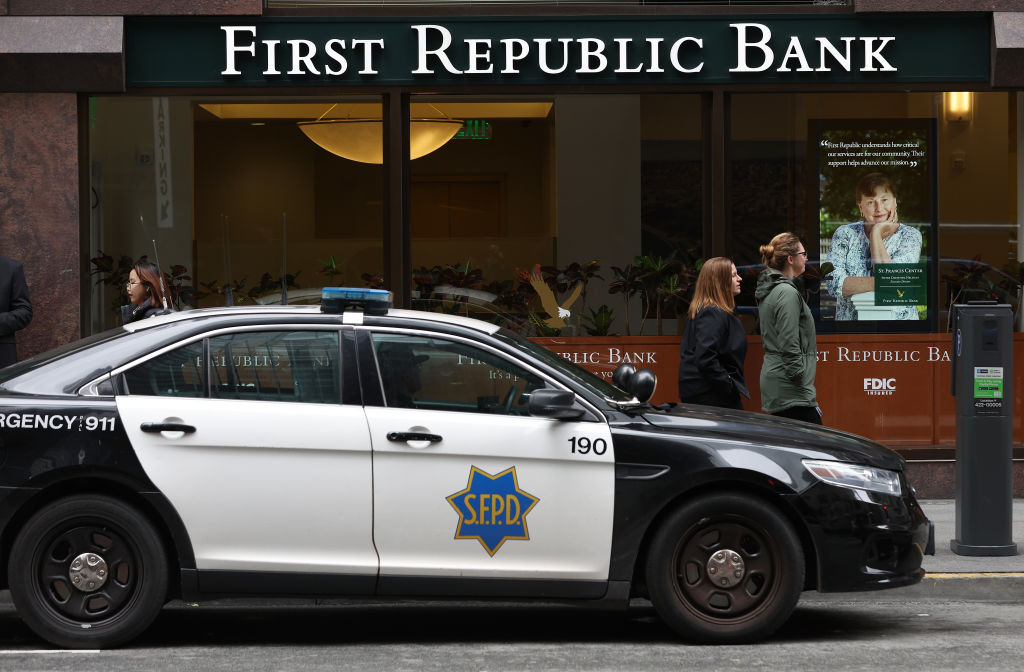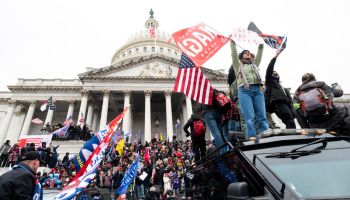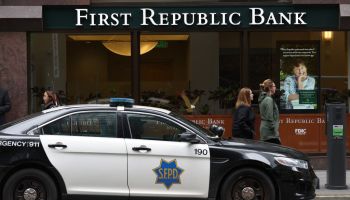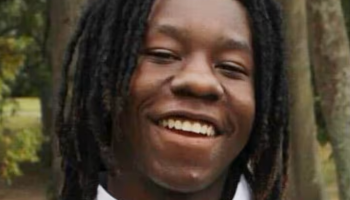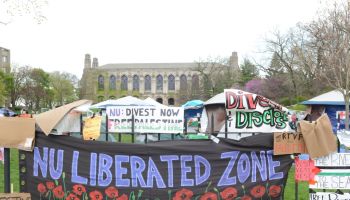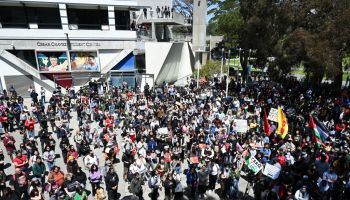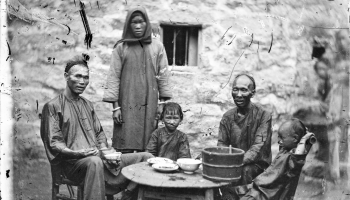The Supreme Court examined a case out of Utah that questioned whether it was constitutional for evidence collected unlawfully by a police officer to be used as evidence in court.
In a five-to-three decision, the court ruled the evidence does not violate the Fourth Amendment because the evidence seized weakened the unlawful stop.
Justice Sonia Sotomayor disagreed, and says stops like this are all too familiar for people of color. In her dissent, she uses James Baldwin‘s The Fire Next Time, W.E.B. Du Bois‘s The Souls of Black Folk, and Ta-Nehisi Coates’ Between the World and Me to support her argument.
The Justice says those works describe what it’s like living with the constant fear that you could be susceptible to unconstitutional searches. She also stated in her dissent the court’s ruling corrodes “all our civil liberties and threatens all our lives.”
Danielle Blevins, a Supreme Court Correspondent, told NewsOne Now guest host Laura Coates, “The protections that we had against police officers — not just police, also the FBI — taking us and our belongings” no longer applies.
Prior to the High Court’s ruling, law enforcement was not allowed to “give an unreasonable stop, they have to have reasonable suspicion to stop you.” Coates said law enforcement officers had to have a legitimate reason to stop citizens, “they can’t just profile and shake you down until now.”
Blevins also said, “In the past, anything that comes from an illegal stop is supposed to be excluded, now the court has said, ‘Ah, not so much, you can keep it in. We’ll allow that to be used against this person.'”
Coates later said this ruling is “devastating for the community, because if there is always a justifiable reason that the officers could come up with and say, ‘Well I stopped you illegally, but now I found drugs, I was right all along — my instinct caught up with me, I was right.'”
The domino effect of the Supreme Court’s ruling now allows officers to “look at any situation and come up with any type of pretext and say my gut feeling” led them to arrest an individual.
Blevins also explained that even if the officer’s decision to detain a citizen was wrong, “this person now has been stopped, they’ve now been arrested for some pretext reason,” opening them up to increased scrutiny by the police.
Blevins added, “There are no constitutional bars that will protect citizens” from being detained by officers.
Watch NewsOne Now guest host Laura Coates and Danielle Blevins dissect the Supreme Court’s ruling and the potential impact on citizens in the video clip above.
NewsOne Now with Roland Martin, in its new time slot on TV One.
Subscribe to the NewsOne Now Audio Podcast on iTunes.
SEE ALSO:
Traumatized Postal Worker Falsely Arrested By NYPD Plans To Sue
